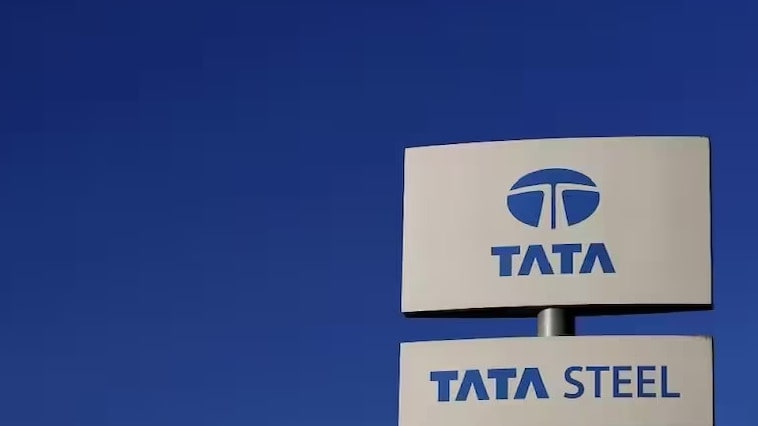Tata Steel Mining Ltd (TSML), a wholly-owned subsidiary of Tata Steel, has signed an MoU with Bharat Petroleum Corporation Ltd (BPCL) to secure a long-term supply of liquified natural gas (LNG) for its ferroalloys plant in Odisha’s Jajpur. The agreement will allow BPCL to supply the agreed quantity of natural gas through its pipeline to the Jajpur plant, helping TSML to significantly reduce its carbon footprint by using cleaner fuel LNG instead of furnace oil.
The MoU, signed on Thursday, is part of Tata Steel Mining Limited’s sustainability initiatives aimed at reducing the company’s carbon emissions. The agreement with BPCL is expected to aid the business in producing ferroalloys using cleaner fuel LNG, which will be supplied through BPCL’s pipeline. This initiative will help Tata Steel Mining Limited significantly reduce its carbon footprint and contribute to the country’s transition towards cleaner and more sustainable energy sources.
TSML’s ferroalloys plant located in Jajpur, Odisha, is one of the largest in the country and is an important part of the company’s operations. The plant produces ferrochrome, ferromanganese, and silicomanganese, which are used in the production of stainless steel, alloy steel, and special steel. With the new agreement in place, Tata Steel Mining Limited is expected to have a steady supply of LNG, which will help the company increase its production capacity and meet the growing demand for its products.
According to Tata Steel Mining Limited, the agreement will help the company achieve its sustainability goals, which include reducing carbon emissions and promoting the use of clean energy sources. The use of LNG will not only help TSML reduce its carbon footprint but also help the company save on energy costs. LNG is a more efficient fuel than furnace oil and is expected to provide significant cost savings to the company in the long run.
TSML’s ferroalloys plant located in Jajpur, Odisha, is one of the largest in the country and is an important part of the company’s operations. The plant produces ferrochrome, ferromanganese, and silicomanganese, which are used in the production of stainless steel, alloy steel, and special steel. With the new agreement in place, Tata Steel Mining Limited is expected to have a steady supply of LNG, which will help the company increase its production capacity and meet the growing demand for its products.
According to TSML, the agreement will help the company achieve its sustainability goals, which include reducing carbon emissions and promoting the use of clean energy sources. The use of LNG will not only help TSML reduce its carbon footprint but also help the company save on energy costs. LNG is a more efficient fuel than furnace oil and is expected to provide significant cost savings to the company in the long run.
In addition to reducing carbon emissions, the use of LNG will also help TSML comply with the new emission norms set by the Indian government. The government has set new emission norms for the ferroalloys industry, which requires companies to reduce their carbon emissions significantly. With the new agreement in place, TSML is expected to comply with the new emission norms and reduce its carbon emissions by a significant margin.
The MoU signed between TSML and BPCL is expected to be a win-win for both companies. For BPCL, the agreement will help the company increase its market share in the LNG industry and provide a steady source of revenue. BPCL is one of the largest suppliers of LNG in India and has been actively seeking new customers to increase its market share. The agreement with TSML will help the company achieve its goals and provide a steady source of revenue for years to come.
Overall, the agreement between TSML and BPCL is expected to have a significant impact on the ferroalloys industry in India. With the growing demand for ferroalloys in the country, the agreement will help TSML increase its production capacity and meet the growing demand. At the same time, the use of LNG will help the company reduce its carbon footprint and comply with the new emission norms set by the government.










